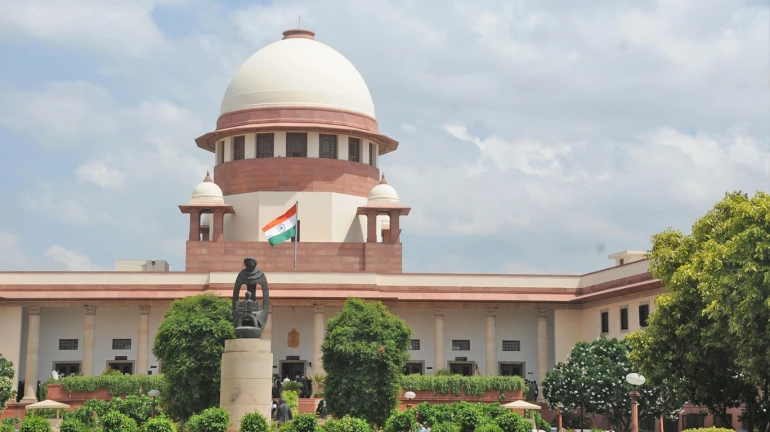
In a historic verdict, Supreme Court on Wednesday announced that the office of Chief Justice of India (CJI) falls under the range of Right to Information (RTI) Act.
A five-judge constitution bench headed by Chief Justice Ranjan Gogoi upheld the 2010 Delhi High Court judgment while declaring that the office of CJI is a public authority and unanimously stated that transparency doesn’t undermine judicial independence.
The 2010 Delhi HC judgment states that the office of CJI comes under the ambit of RTI and the judicial independence was not a judge’s privilege but a responsibility cast upon him.
The bench consisting of CJI Gogoi followed by Justices NV Ramana, DY Chandrachud, Deepak Gupta and Sanjiv Khanna also dismissed three appeals filed by the secretary-general and the Central Public Information officer of the Supreme Court.
Nobody wants a system of opaqueness,” said the apex court further adding that judicial independence has to be kept in mind while dealing with transparency.
Justices Ramana and Chandrachud wrote separate verdicts while the CJI and Justices Deepak Gupta and Sanjiv Khanna wrote one.
Also Read - Congress Will Play A Role In Breaking Maharashtra Deadlock
The combined judgement stated that right to privacy is an important aspect and it has to be balanced with transparency while Justice Chandrachud wrote that judiciary can’t function in cover as Judges enjoy the constitutional post and discharge public duty.





